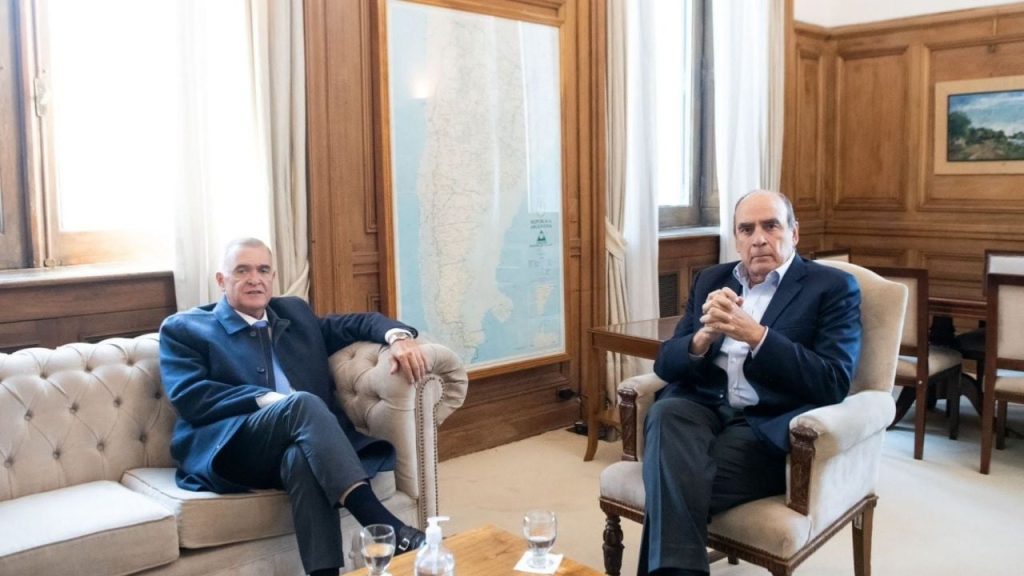Legal certainty is one of the essential principles of law that grants people and organizations – permanently – certainty and predictability in the validity of the rules, the guarantee that the laws will be applied without discrimination or privileges, and that there will be no protection or impunity when these are violated.
For legal security to exist, legislative stability, impartiality in the application of justice, the protection of property rights, the ability to resolve disputes fairly and effectively, and transparency in the exercise of public office are essential. . This implies the assurance that there will be no unexpected changes in the laws; that people, their property and their rights will not be subject to abuse, dispossession or arbitrariness, that judges and courts will act impartially and that there will be constitutional and administrative control mechanisms that prevent corruption.
In the case of Bolivia, for several decades, but especially in recent years, there has been a constant weakening of legal security due to deinstitutionalization, the crisis of the judicial system, the overabundance and poor quality of regulations, the discretion of the authorities and the loss of legitimacy of the entities responsible for its application. These factors have generated a structural condition of sustained mistrust with serious economic implications and have called into question the validity of the rule of law.
Capital flight, the reduction of foreign direct investment, the increase in transaction costs, the increase in informality and social conflicts, subjugation, non-compliance with laws, the growth of crime and the loss of competitiveness internationally, are unequivocal consequences of growing legal uncertainty.
A very complex factor has to do with the definition of legal security as a principle and not as an enforceable right, which generates defenselessness in economic agents who suffer subjugation and blockages by organized groups, while the State affects them with expropriations, arbitrary changes to regulations, threats, harassment and tax pressure. The entities in charge of restoring the violated right act with partiality, political interests or under subjective criteria, leaving flagrant crimes unpunished and even re-victimizing those who have suffered them.
The possibility of protection and restitution of rights is practically non-existent. The Conciliation and Arbitration Law does not guarantee fairness or justice and excludes fundamental issues from its scope, but in addition the government’s decision in 2008 to withdraw Bolivia from the International Center for Settlement of Investment Disputes left investors defenseless and scared away. To complete the panorama of insecurity, justice operators, the Public Ministry, the Ombudsman’s Office and all instances that should ensure citizen rights respond to instructions and political interests rather than compliance with the Law.
Although legal insecurity has become naturalized as part of the Bolivian political culture, its effects are devastating on our international reputation, where the indicators that rate institutional quality place us at the level of failed states or imperfect democracies. Thus, for example, the 2023 Global Rule of Law Index places us in 131st place out of 142 countries analyzed; the 2024 Economic Freedom Index ranks 165 out of 176 countries, and the latest country risk ratings consider us in last place in America, after Venezuela. At an internal level, the examples are graphic: recently the National Chamber of Industry revealed that in the last 14 years there were 2,400 road blockades; In 2024 alone, social protests prevented traffic for 170 days, generating damages that could have exceeded $2 billion in losses. No government dares to enforce the law that punishes these crimes.
It is evident that legal uncertainty is one of the most important problems that we must solve as a society if we intend to face the crisis and initiate economic reactivation. Here we face the need to make regulatory and institutional adjustments in the judicial system and the Public Ministry, but fundamentally eliminate the concentration of power in the government, reduce corruption and promote citizen participation. In an election year, the last word once again belongs to the candidates who must give a clear response to this issue, on whose solution the stability and viability of any development plan and welfare program depends.














